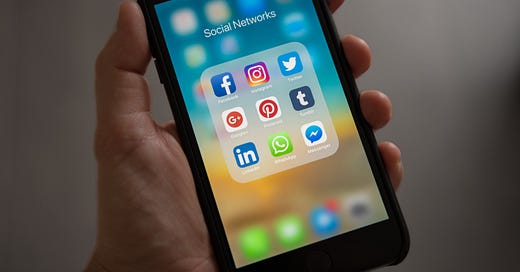Meta's purchase of WhatsApp
A lot of numbers are thrown around in today’s world. Apple is worth around $3 trillion, and Microsoft is closely following, being worth more than $2.5 trillion. Microsoft even announced its decision to acquire Activision Blizzard for $68.7 billion.
While these numbers are certainly big, Meta (then Facebook) acquired Whatsapp for a rather large sum. The number was $19.6 billion, and while this may not be as big a number as mentioned above, the year was 2014. So this was a pretty big deal at that point, even at the scale these tech giants already operate.
The deal would have made complete sense if WhatsApp was raking in tens of billions in revenue and keeping some of it as profit. But the story is interesting precisely because that was not the case. In 2013, it was reported that WhatsApp lost $138 million on revenue of $10.2 million.
WhatsApp was the biggest acquisition completed by Mark Zuckerberg, nearly 20 times bigger than the Instagram acquisition. So why did a company which already owned Facebook and Instagram splurge billions into a loss-making company named WhatsApp?
The answer is, access to user growth and base. In 2014, over 450 million people used WhatsApp monthly, and they apparently added more than 1 million users per day. With 70% of daily active users, the app was expected to reach the one billion user mark fairly quickly.
WhatsApp launched in 2009 and as of 2020, it had more than 2 billion users. While it was reported Facebook had 2.8 billion monthly active users in 2020. If your goal is to enhance global connectivity using the internet, these companies could definitely provide useful synergies.
Zuckerberg’s playbook has always been to prioritize user growth and reach before monetization. And this is not to say WhatsApp can never be monetized. It can be the case and there are already some known ways using which the company can make money from users and businesses.
But the reach WhatsApp gives to the company due to its user reach and the amount of data (behavioural or otherwise) that would be available to them are beyond measurement in terms of money.
You may think that a $19.6 billion price tag is too much, even for all this. But the price actually ballooned to around $21.8 billion. The deal had some part of the sale in Facebook stock and by the time the deal was concluded, that part (184 million Facebook shares) increased in value.
While this deal may seem overvalued at the time in 2014, it certainly has paid for itself, and more. Facebook or Meta, as it is known now, has a very good financial history. Revenues, profits and users, all numbers have been on the uptrend for the most part in the last 10 or so years. And Facebook spending around 1/10th of its then market value seems to have been a good decision. Meta is worth about $750 billion right now, and was worth around $1 trillion at its peak.
The 4x kind of growth in valuation, at the scale I’ve highlighted above, can happen only when you do a lot of things right, buying a text-messaging app for $20 billion being among them apparently. Just something to think about.
While that’s it for this article, you can read all my articles here. And do let me know if you want a specific topic covered! Subscribe for free to receive new posts and support my work.



